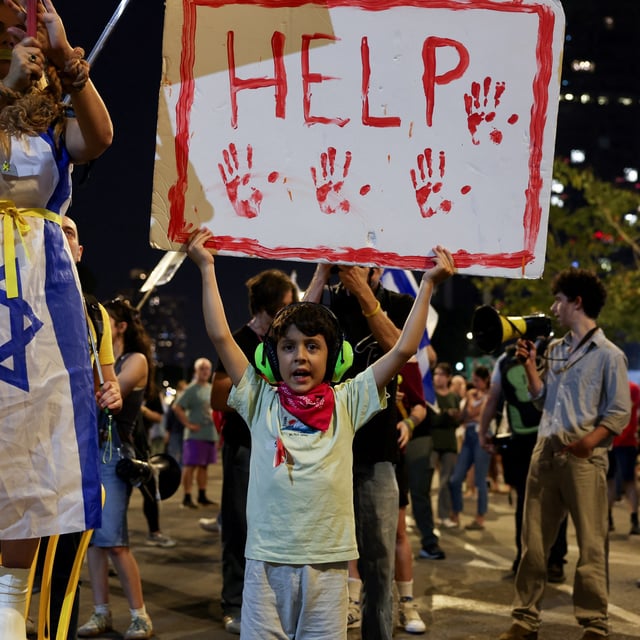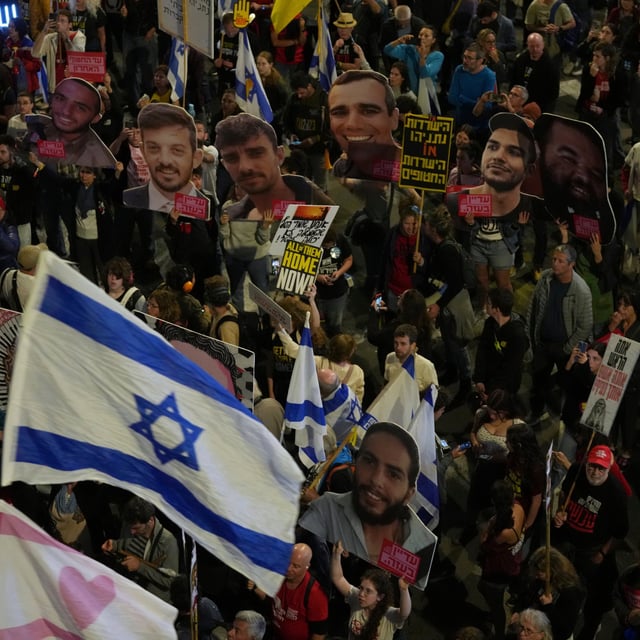Overview
- The United Nations and major aid groups have formally rejected a US-Israeli plan to establish four guarded aid distribution hubs in Gaza, citing concerns over neutrality, displacement, and insufficient scale.
- Israel's blockade, in place since March 2, has halted food, medicine, and fuel supplies, leaving Gaza's 2.3 million residents dependent on rapidly dwindling charity kitchens, many of which have shut down.
- Rights groups have labeled the blockade a potential war crime, warning that it constitutes a 'starvation tactic' as malnutrition and preventable deaths rise sharply.
- The US-backed Gaza Humanitarian Foundation proposed serving 1.2 million people at four distribution sites, but aid agencies argue this would force Palestinians to relocate and leave large segments of the population without assistance.
- Calls intensify for lifting the blockade, with UNICEF and UNRWA emphasizing that existing neutral distribution networks are capable of delivering aid effectively if allowed to operate.


